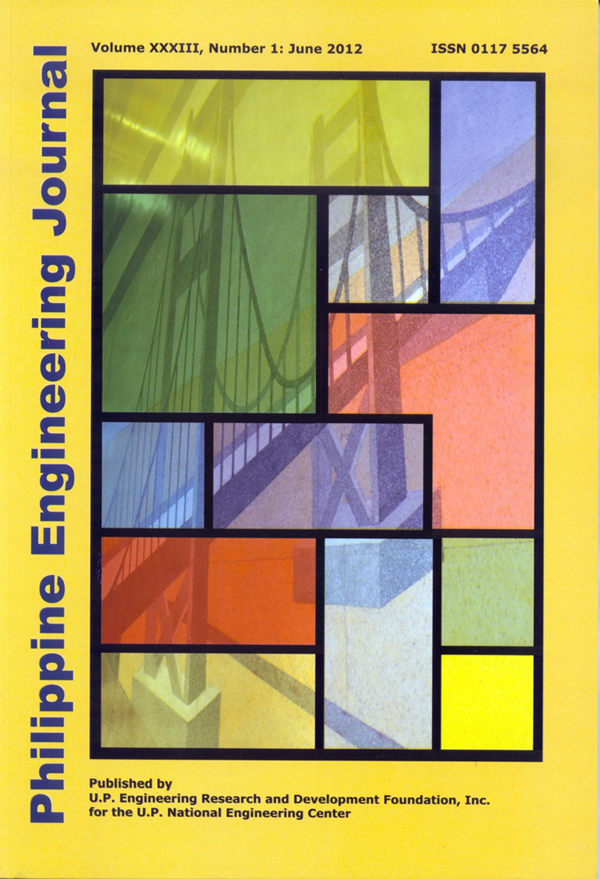eNAI: ELECTRONIC NATAL ASSISTIVE INTERVENTION
Abstract
Maternal mortality is a perennial problem in the Philippines due to inaccessible quality maternal care. Many cases of maternal deaths could have been averted if essential obstetric care was readily available. Ideally, at least one obstetrician should be present in every health center. This is not the case, however, given the low number of medical professionals working in rural areas. Against this backdrop, the researchers came up with eNAI: Electronic Natal Assistive Intervention. This is a compact and portable device that combines maternal and fetal health monitoring with telemetry and current technologies to bring obstetric care to expectant mothers even when obstetricians are physically absent.
eNAI has four biomedical modules: a fetal doppler, a toco transducer, a sphygmomanometer, and a pulse oximeter. These were tested, calibrated and benchmarked against their medical-grade equivalents, and finally interfaced to the processing units. A telemetry functionality was added to facilitate communication between the midwife and an expert. Moreover, the system can retrieve patient data by accessing CHITS, an electronic medical record system.
From discussions with midwives and ob-gyns, the group established that the modules are necessary for fetal and maternal health monitoring. In addition, telemetry was perceived as a useful functionality, and overall, the eNAI was welcomed as very helpful in assisting with labor.


